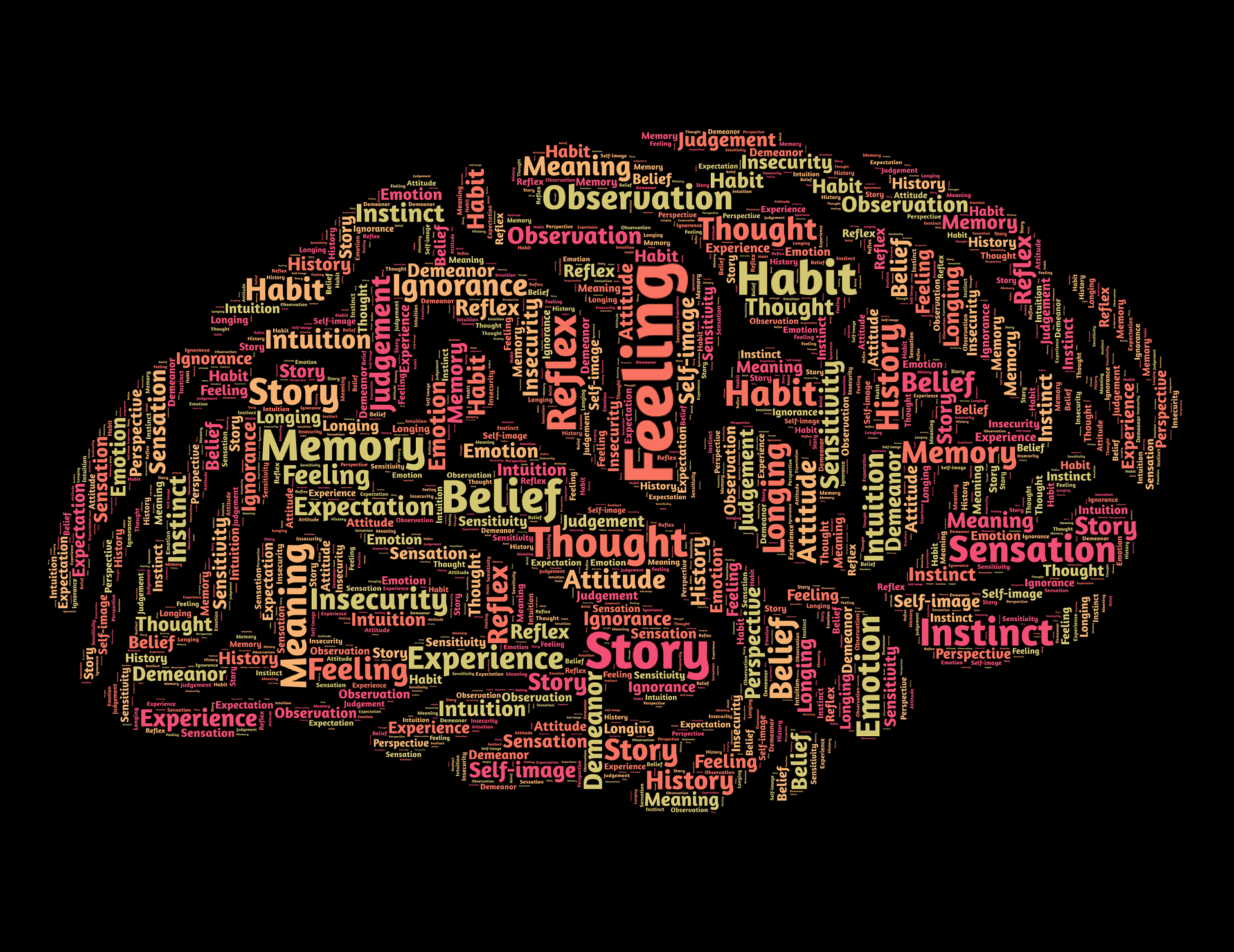Die neurokognitiven Korrelate numerischer und arithmetischer Fertigkeiten
Keywords:
numerical represntations, arithmetic strategies, development, dyscalculiaAbstract
Numeracy is an important cornerstone of modern societies. However, according to the
OECD, about 20 percent of adults have poor numeracy skills. This highlights the need
for a better understanding of how numeracy skills are developed and optimally
promoted. In recent years, neurocognitive research has shown that arithmetic
processes rely on a complex interplay of domain-general (e. g., working memory,
attention) and domain-specific (e. g., mental representation of numerical quantities)
skills.
The present review article provides an overview of the current neurocognitive literature
and discusses which domain-specific processes underlie the learning of arithmetic
skills and how these change over the course of development. We focus on the
development of basic numerical representations (semantic knowledge of digits and
numbers) and arithmetic solution strategies (arithmetic facts and procedural
knowledge). Finally, we take a critical look at whether there are atypical neurocognitive
patterns associated with dyscalculia and whether these can be modified through
intervention.


